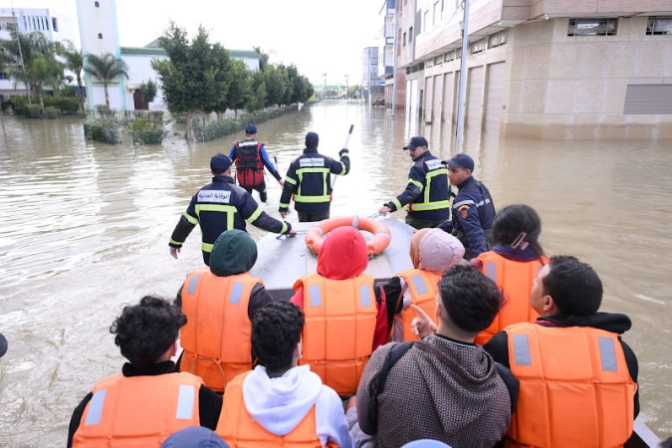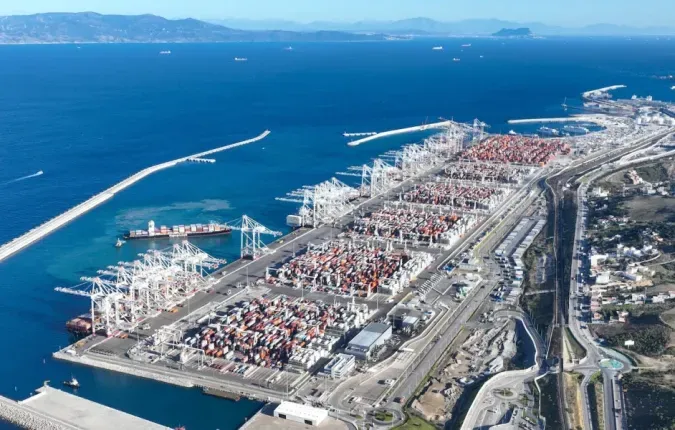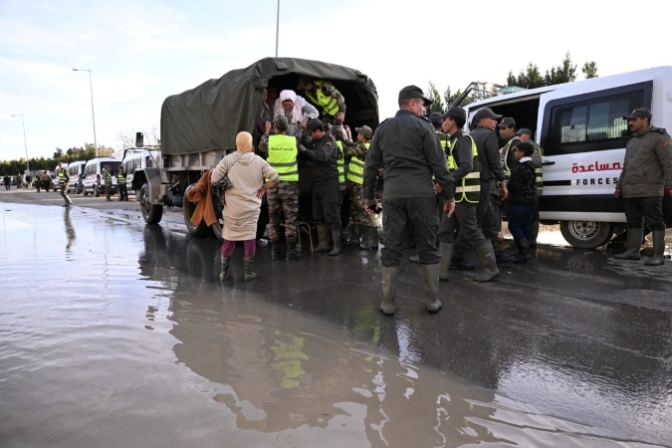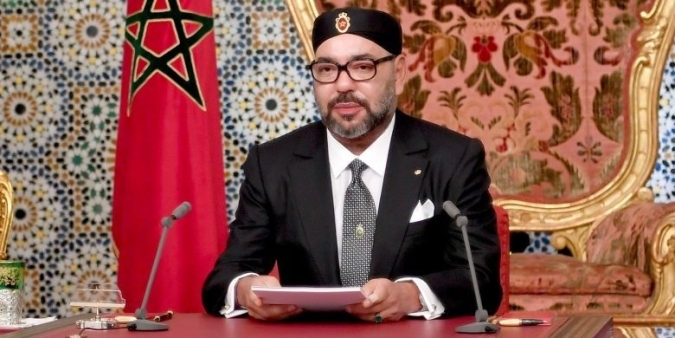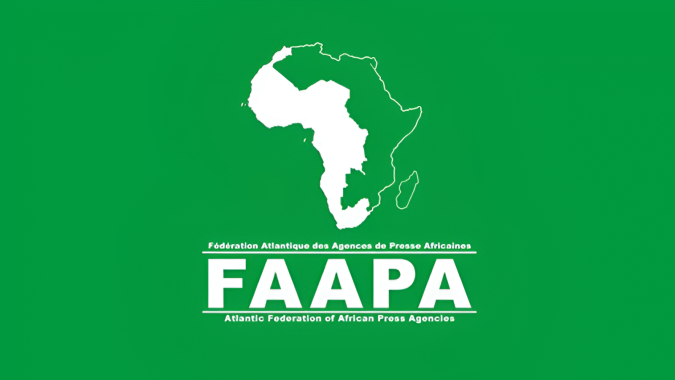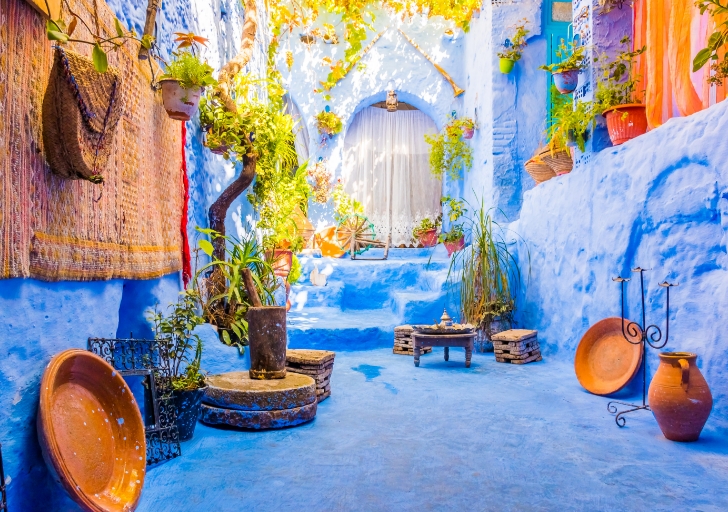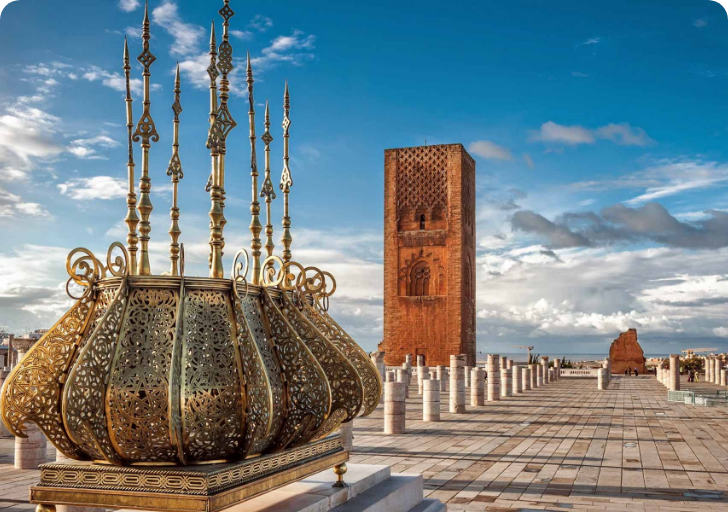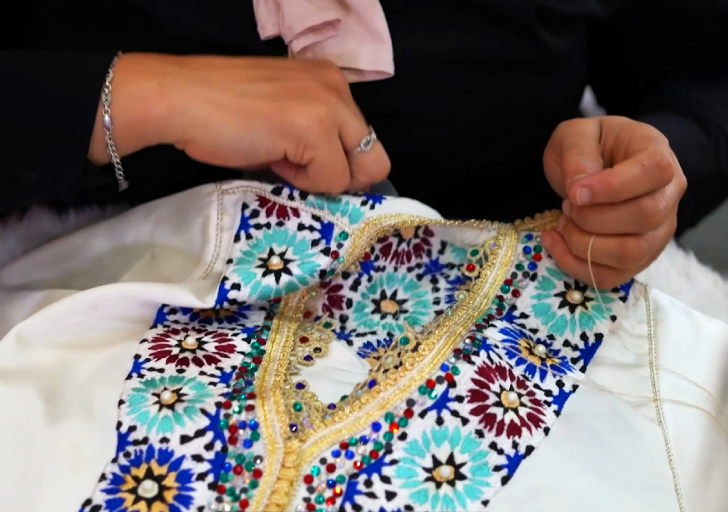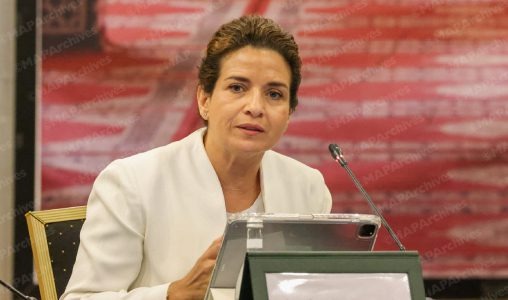
Morocco's Minister of Energy Transition and Sustainable Development, Leila Benali, reaffirmed, on Thursday in Tangier, the Kingdom’s "unwavering commitment" to supporting joint African action to build a green, resilient, and prosperous future for the continent.
This support goes "in order to meet the aspirations of its people and preserve the rights of current and future generations,” emphasized Benali in a video message at the opening of the first Regional Green Economy Forum (RGEF), held under the High Patronage of HM King Mohammed VI and initiated by the World Green Economy Organization (WGEO).
At this event, held under the theme “Empowering African Cities: Paving the Path to Carbon Neutrality,” the Minister recalled that Morocco, in line with the farsighted vision of HM King Mohammed VI, has made South-South cooperation a strategic choice and a core axis of its foreign policy, rooted in active solidarity and integration to build a resilient, united, integrated, and sustainable Africa.
In this context, Benali highlighted several pioneering initiatives launched by Morocco in Africa, including the creation of three African climate commissions during COP22 in Marrakech, marking a key milestone in strengthening continental climate action.
These initiatives also include the launch of the Royal Initiative to enable Atlantic access for Sahel countries, which will enhance regional connectivity and integration through the deployment of Moroccan infrastructure in support of shared development in Africa.
She also noted that this forum is a valuable opportunity to address major topics that can support African countries in their transition to carbon neutrality and to develop innovative, concrete solutions to boost sustainable development momentum across the continent.
In the same spirit, the Moroccan Minister stressed that “the transition to a green economy is no longer merely a development option but an urgent and strategic necessity to address the complex challenges facing the continent, including climate change, vulnerability, natural resource depletion, and ongoing geopolitical, economic, and financial fluctuations.”
At the national level, Benali affirmed that, in accordance with the High Guidelines of HM King Mohammed VI, Morocco has embarked on an ambitious and proactive path, making sustainability a key pillar of public policy and a strategic choice guiding national development.
In this regard, she highlighted Morocco’s adoption of the National Sustainable Development Strategy, which serves as a comprehensive reference framework to integrate sustainability principles into sectoral and territorial planning, making them central to public policy in pursuit of an inclusive, resilient green economy by 2035.
This strategy, she added, is currently being updated to align with the New Development Model (NDM) and the spirit of international agreements. She recalled that Morocco has adopted an ambitious and integrated energy strategy focused on three main pillars: the development of renewable energy, enhanced energy efficiency across sectors, and the strengthening of regional integration.
The Moroccan official noted that renewable energies now account for over 45% of Morocco’s installed electricity capacity, estimating that the country is “on the right track” to reach its 2030 goal of 52%.
She also referred to the development of six integrated sectoral decarbonization plans, the update of the Nationally Determined Contribution (NDC 3.0) aiming to reduce greenhouse gas emissions by 53% by 2035, the preparation of a national circular economy roadmap by the end of the year, and the creation of regional climate plans to offer effective local mitigation and adaptation solutions.
This two-day event, organized with support from the Ministry of Energy Transition and Sustainable Development, the Regional Council of Tangier-Tetouan-Al Hoceima, and the United Cities and Local Governments of Africa (UCLG-Africa), aims to support African efforts toward low-carbon, sustainable urban development. It seeks to strengthen cooperation among local, national, and international actors, encourage the exchange of experiences and best practices, and promote investment in green infrastructure, renewable energy, and sustainable mobility.
The forum’s opening ceremony was attended by the president of WGEO, the president of the Tangier-Tetouan-Al Hoceima region, the governor of the Fahs-Anjra province, the UN Resident Coordinator in Morocco, the Secretary-General of UCLG-Africa, and numerous officials and experts in the field.
MAP: 24 July 2025
